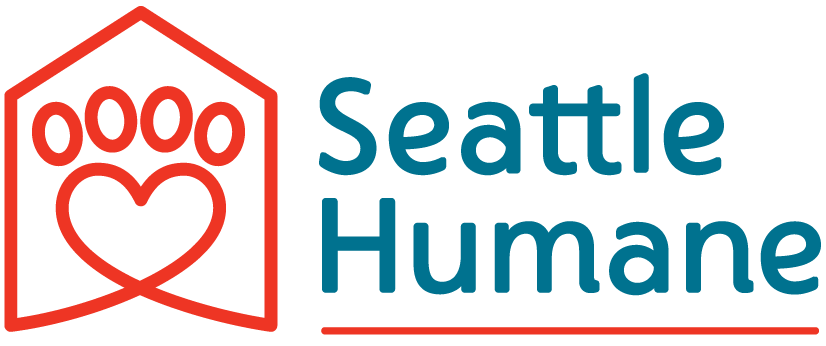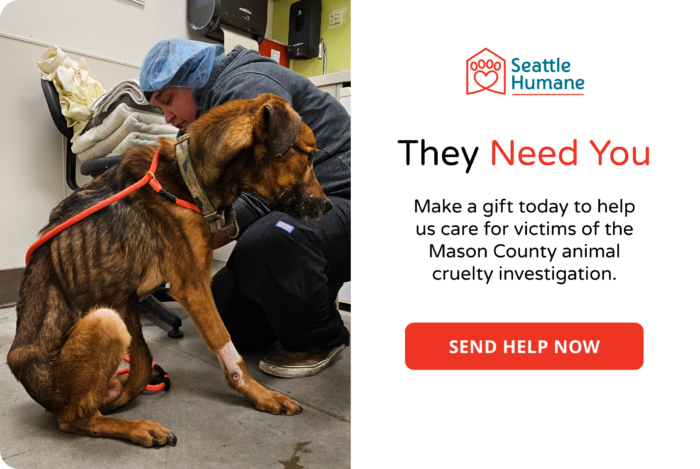Dogs are highly social animals and have intricate systems of communication and conflict resolution. This includes fighting with members of their own “pack” and species. By playing with other dogs and puppies, dogs learn to inhibit the force of their jaws so that if they do bite another dog, the bite will not do serious damage. This is known as bite inhibition. When playing with a littermate, if a puppy bites too hard the littermate will usually yelp and stop playing, so the puppy who bit too hard learns that if he wishes to play he needs to be more gentle. Bite inhibition is important to humans too, because if a dog bites a human we hope it will be an inhibited bite that will not cause damage.
* Your goal should be to have worked through the following steps by the time your puppy is four and a half months old. Take a week or two to work on each step (depending on your puppy’s age when you begin) .
Steps for Teaching Bite Inhibition
- No hard bites. Give your puppy feedback by saying “ouch ” in a high -pitched voice, like a yelp, whenever he bites you too hard—how loud your voice should be depends on the sensitivity of your puppy; startle but don’t scare him. Do not move your hand away, just stop moving; give him the opportunity to stop mouthing then praise and treat and continue play. If he mouths too hard again, say “ouch” then stop play for about 30 seconds and ignore him. Then continue play. It is much more effective if you immediately get up and walk away after saying “ouch ” than it is to move the puppy. In order to do this effectively, have an x-pen or baby gate in place that you can step over, or have your puppy tethered so that you can step out of his reach.
- No pressure at all. Give the feedback described above any time your puppy uses any pressure at all when he is mouthing you. This should be an incremental process in which you gradually decrease what is considered acceptable pressure, so that eventually your puppy knows to use only the gentlest mouth on you.
- Gentle mouthing okay until the human says stop. Say “enough” and if your puppy stops mouthing y ou, reward him. If he doesn’t stop then turn away or stand up and ignore him, leave the room, or implement a time-out*.
- No mouthing of humans allowed. If your puppy bites you at all during play, you will end play immediately, leave the room or take puppy to a puppy-proofed area for a time-out*.*Time Out — During any of the above stages if you have repeatedly given feedback and your puppy continues to bite too hard, use the crate as a time out area where the puppy can chew toys and calm down for a while. Do not put the puppy in the crate angrily as you always want to preserve the “sanctity” of the crate. You ma y use a bathroom or other puppy-proofed isolation area instead of the crate.

